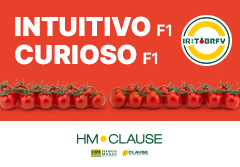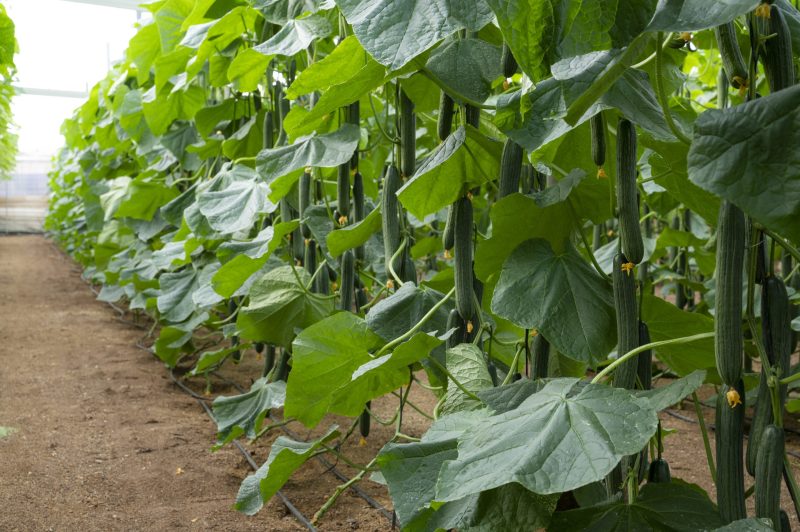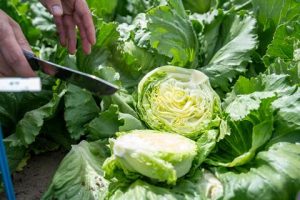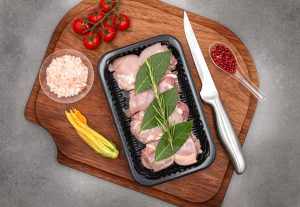The company hosted the event “Solutions for Tomato and Cucumber” in Motril, where it unveiled its all-in-one strategy to address the main challenges of these crops. Through this global approach, the multinational has developed specific strategies to combat threats such as ToBRFV and nematodes, while strengthening its varietal portfolio with new entries like the Dutch cucumber Pontius.
Pontius, ideal for fast cycles
Developed to meet the demands of shorter crop cycles, Pontius stands out for its excellent performance and adaptability, high yields, uniform fruit, and complete resistance package. As explained by Bayer’s Development Technician Francisco Tomillero, Pontius enables an early start to production without compromising on quality or size. Its strong plant development and fruit uniformity throughout the season make it ideal for spring, summer, and autumn cycles, where fast response is key.
Alongside Pontius, they also highlighted varieties like Aurelius, one of the market leaders, which continues to consolidate its position on the Granada coast thanks to its high quality, post-harvest performance, and resistance to New Delhi, CGMMV, yellowing, yellow veins, and powdery mildew.
This year, Bayer will launch two new varieties featuring their latest genetics: SVCE1764 and SVCE1774. The former is highly stable and shows “reduced sensitivity” to pests and diseases such as thrips and downy mildew. “Those who have trialed it have seen the difference.” SVCE1774 is geared toward a key planting window on the Granada coast, from 20 September to 10 October. Its fruit is similar to Aurelius, and it introduces new resistance traits that will be on display next season.
All these materials fall under the QR umbrella, maintaining high fruit quality while improving resistance packages: all include CGMMV and New Delhi.
Other established varieties were also noted: Invictus (for spring, summer, and early autumn), SVCE5047 (September), and SVCE0091 (late season).
DRTX6695: genetics versus nematodes
In tomato cultivation, one of the most pressing issues in intensive farming was addressed: nematodes. The use of resistant rootstocks is essential in integrated management, especially under high-temperature conditions where other solutions lose efficacy.
RELATED NEWS: Pierre Larrieu to Lead Bayer’s Crop Science Division in Spain, Portugal, and North Africa
In this context, the DRTX6695 rootstock from Bayer’s De Ruiter® line positions itself as the most effective solution against Meloidogyne spp., thanks to a new resistance gene they call Mi Resistance, which remains effective even at soil temperatures above 28°C. According to Juan Miguel Robles, Market Development Representative, it has a powerful root system that provides vigour and stability throughout the cycle. Studies show a significant reduction in nematode reproduction compared to other commercial rootstocks, along with visibly healthier root development.
Technical solutions for integrated management
Diego Hernández, Market Development at Bayer Crop Science, presented both biological and chemical control tools, highlighting Vynyty Tuta Press®, a “patented and one-of-a-kind” solution made from microencapsulated, biodegradable pheromones, designed for use in Tuta absoluta control programmes. Its key advantages lie in its emission stability and controlled release rate, offering better control during periods of high pest pressure.
He also discussed Velum Prime and BioAct Prime, which act at different stages of the nematode’s life cycle. These tools integrate with digital solutions such as Nematool, which optimises application timing based on pest development.

















